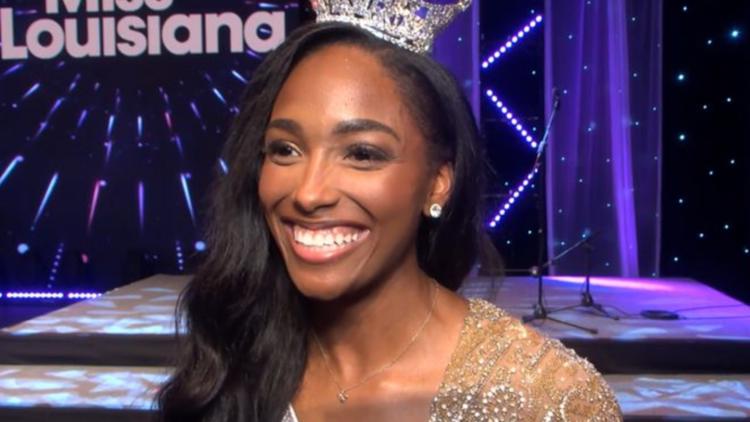Barnett: Tragedy on the field
Published 12:01 am Saturday, September 12, 2015
Thursday night the announcer at Riverside Academy’s home opener versus Parkview Baptist asked the audience to take a moment of silence and prayer in memory of Franklin Parish football player Tyrell Cameron, who suddenly died last week after an on-the-field collision.
Tragedies, at least to this degree, do not happen often, but when they do it should give parents and fans alike pause. It is such situations that have in recent years engendered a love/hate relationship for me and others when it comes to football, especially at the high school level and below.
At this point it’s unknown exactly what the details surrounding Cameron’s death were but early reports point to neck trauma. It not surprising for a game in which you are tasked with running across a field as quickly as possible and violently slamming your body, head first into another player.
It is times like these whenever you think about how potentially dangerous the base setup of prep football really is. Essentially, 11 teenagers line up on each side of a field and throw their bodies at one another at high speed receiving more praise the more violently they play. And the throng of collected audience members cheer and ‘ooh’ and ‘ah’ after a hard hit and a loud pop can be heard from the stands—and I am right there along with them cheering. In the end, whoever is able to take an inflated piece of leather into a box of painted lines of a piece or turf of kick a ball in between a set of metal posts the most times is the “winner” at the end of the night.
Still, it’s a game we (at least most of us) love. It’s America’s game and there are a lot of great values that can be derived from it. In speaking with Hahnville academic coach Denyse Keller this week, the first assistant football coach I’ve ever heard of whose main goal is to help players with academics, it’s obvious some kids only go to high school so they can play football and that academics and education, though they don’t take a back seat, are the real extracurricular activities.
There are plenty of life skills to be learned and lot of positive things that come out of teamwork and collaboration in learning how to build oneself into a better, more functional person through the sport. But in my time covering prep football, at the end of every season you can be certain there going to be a group of kids sporting broken bones, torn ligaments and a series of other ailments, mostly minor but some serious and even permanent, on the sideline.
We know football is a violent game. Our kids are going to get injured and every now and again something terrible will happen. These are the facts. It is really up to us to let these boys know, really drill it into their minds, that they’re putting their bodies at risk every time they get out on that field.
The thing we have to ask ourselves is: Is it really worth it? Certainly situations such as the Cameron’s death make me more ambivalent everyday.
On a personal level, I’ve mentored a teenager, the closest thing to a son I’ll ever have, for the past 8 years in his football career. Starting from playing catch in the backyard as an 8-year-old progressing through peewee football and now well into high school. Knowing how important sports were a factor in my early life, I encouraged him to play and play with the abandon.
But last year in his sophomore season, sure enough, his disregard for his only body caught up to him. On a seemingly routine play he went to make a tackle and banged his head off the turf, suffering a serious concussion, the second in one week’s time, which was bad enough to necessitate an immediate visit to the hospital emergency room.
In that moment of uncertainty I was distraught and felt a great amount of shame for encouraging him to play without properly stressing the potential negative impacts and began to wish I had steered him in a different direction altogether. While he missed the remainder of his sophomore year, he has decided to return for his junior season and played in last week’s season opener. I still enjoy seeing him progress as a player and the influence the game has had in his growth into a young man. But my perception of the game certainly has changed, and one thing is for sure — while I’ll continue to support him in whatever he chooses to do, my days of actively encouraging him to play football are over.
Kyle Barnett can be reached by phone at 985-652-9545 or email at kyle.barnett@lobservateur.com.





